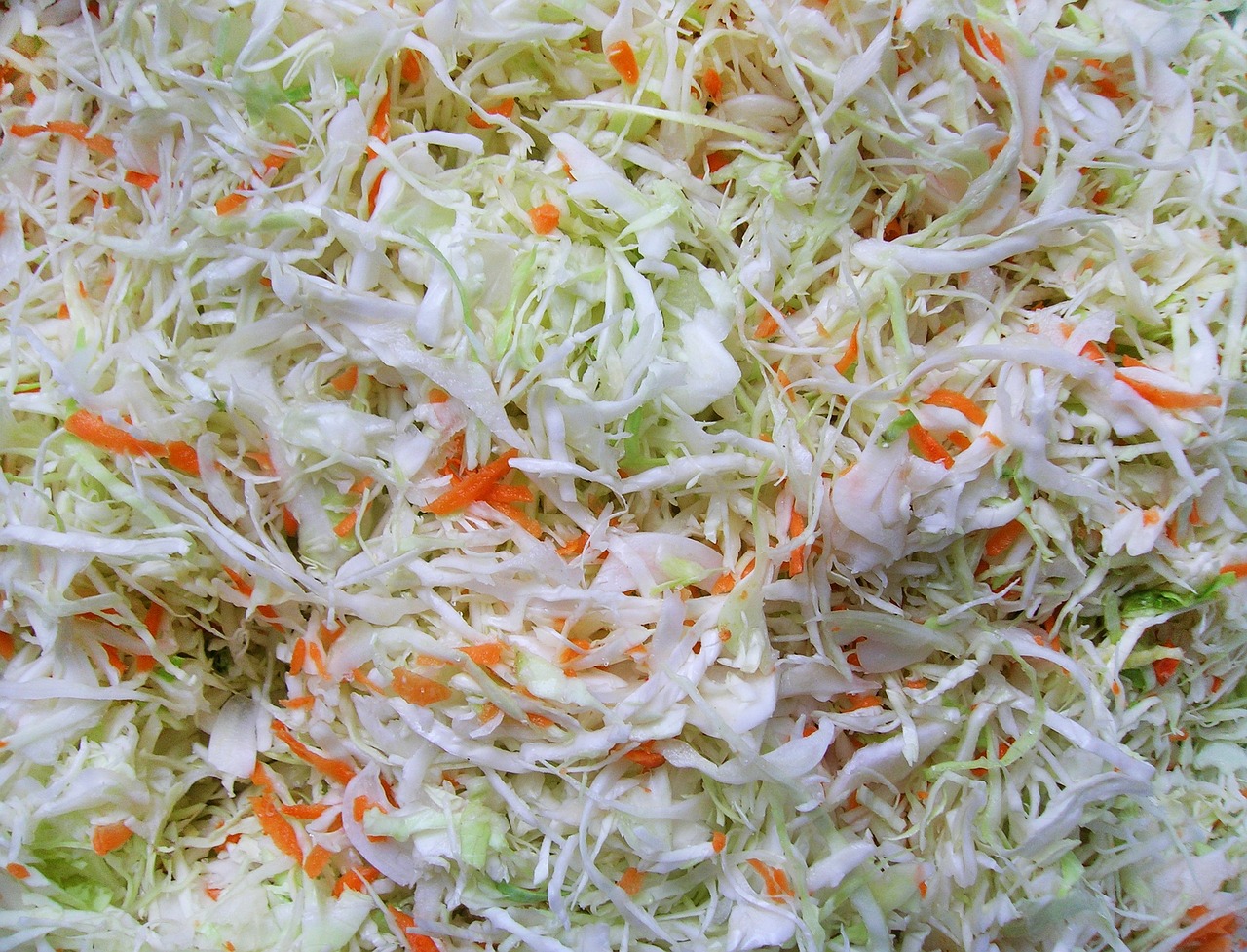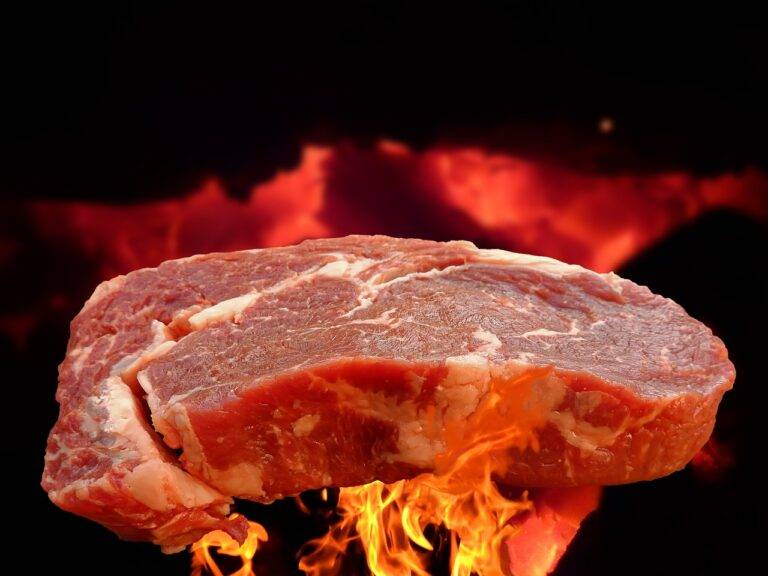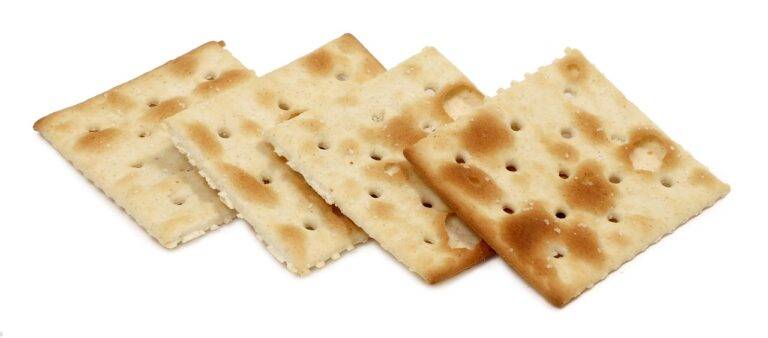The Impact of Food Waste on Environmental Sustainability
Food waste is a pressing issue that holds a significant place in today’s global discussions. It encompasses the unnecessary discarding of edible items at various stages of the food supply chain, from production to consumption. The scale of this problem is staggering, with estimates suggesting that around one-third of all food produced for human consumption goes to waste each year.
In households, restaurants, supermarkets, and farms alike, food waste persists as a complex and multifaceted problem. The reasons for this wastage are diverse, ranging from inefficient agricultural practices to consumer behavior. The implications of food waste extend beyond the mere loss of food; they encompass broader issues such as economic losses, social inequalities, and environmental consequences.
The Environmental Consequences of Food Waste
Food waste has significant negative impacts on the environment. When food is thrown away and ends up in landfills, it generates methane gas as it decomposes. Methane is a potent greenhouse gas that contributes to climate change, making food waste a significant factor in carbon emissions. By reducing food waste, we can help mitigate the harmful effects of methane on the environment.
Moreover, wasting food also means wasting the resources that went into producing it, such as water, energy, and land. When we waste food, we are also wasting the resources used in food production, further straining the environment. By minimizing food waste, we can help conserve these valuable resources and reduce the environmental footprint associated with food production.
What is the scope of food waste?
Food waste is a global issue that affects both developed and developing countries. It encompasses the entire food production chain, from farming and processing to distribution and consumption.
What are the environmental consequences of food waste?
Food waste contributes to greenhouse gas emissions, as it decomposes in landfills and releases methane, a potent greenhouse gas. It also leads to the wastage of resources such as water, land, and energy used in food production.
How does food waste impact biodiversity?
Food waste can harm biodiversity by disrupting ecosystems and natural habitats. When food is wasted, the resources used to produce it, such as land and water, are also wasted, leading to habitat destruction and loss of biodiversity.
What are some solutions to reduce food waste and its environmental consequences?
Some solutions to reduce food waste include improving storage and transportation methods, implementing food waste reduction policies, and promoting consumer awareness and education on food waste. Additionally, composting food waste can help reduce methane emissions from landfills.





